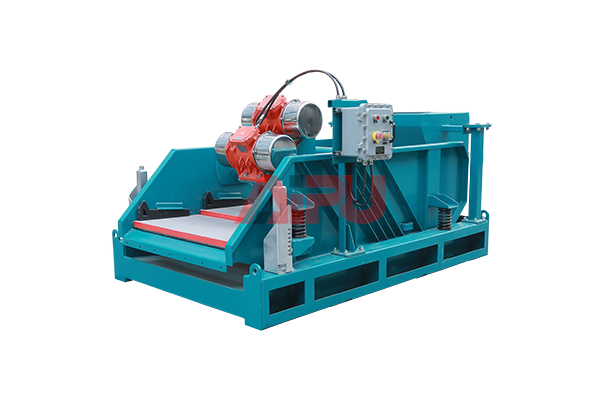Key Points in the System Maintenance of Solids Control Equipment
Solids control equipment plays a critical role in drilling operations, ensuring efficient separation and management of drilling fluids. Proper maintenance is essential to maximize performance, extend equipment lifespan, and minimize downtime. Here are the key points to consider for effective system maintenance.

1. Regular Inspection and Cleaning
Routine inspections are vital to identify wear and tear, leaks, or blockages in the solids control equipment. Components such as shale shakers, centrifuges, and hydrocyclones should be checked for cracks, corrosion, or misalignment. Cleaning should be performed after each operation to prevent buildup of solids, which can reduce efficiency.
2. Lubrication of Moving Parts
Proper lubrication ensures smooth operation of motors, bearings, and other moving parts. Over-lubrication can attract contaminants, while under-lubrication leads to excessive friction. Follow manufacturer guidelines for lubrication intervals and use the recommended lubricants.
3. Monitoring Fluid Properties
Drilling fluid properties directly impact equipment performance. Regularly test fluid viscosity, density, and solids content. Adjustments should be made to maintain optimal fluid conditions, reducing strain on the equipment.
4. Replacing Worn Components
Screens, seals, and gaskets wear out over time and must be replaced promptly. Delaying replacements can lead to equipment failure or inefficient solids separation. Keep an inventory of critical spare parts to minimize downtime.
5. Calibration and Alignment
Misaligned or improperly calibrated equipment can cause vibrations, uneven wear, and reduced efficiency. Ensure that all components are correctly aligned and calibrated according to specifications.
6. Training and Documentation
Operators should be trained in proper maintenance procedures and troubleshooting. Maintain detailed records of inspections, repairs, and replacements to track equipment history and identify recurring issues.
7. Environmental Considerations
Proper disposal of separated solids and used fluids is crucial to comply with environmental regulations. Ensure waste management protocols are followed to avoid contamination.
If your project requires solids control equipment, choose Aipu Solids Control for the best solution.
